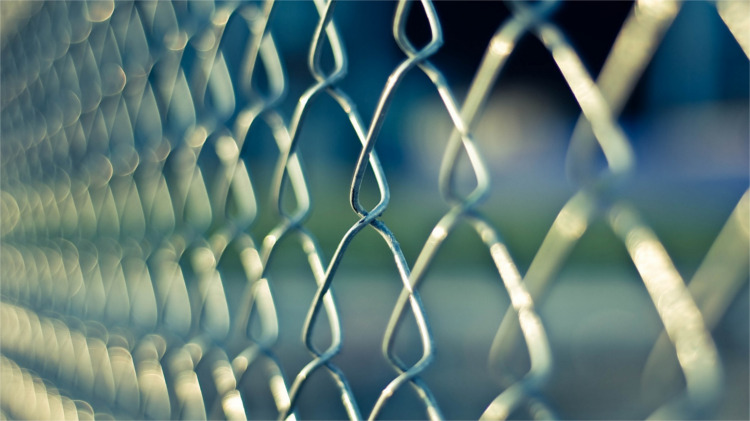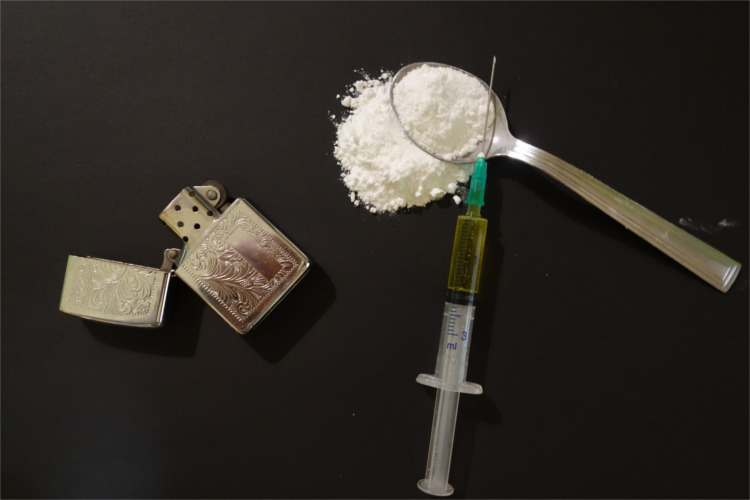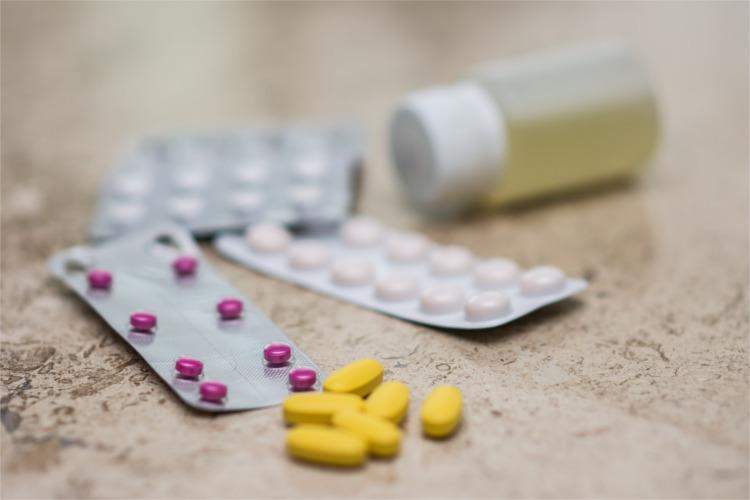Grab a Branch: Trump’s Drug Proposal is Not the Answer
One of the tree branches I always grabbed hold of while failing to get sober is possibility; that there are so many successful, creative, incredible people who have gotten sober. There was the late writer David Foster Wallace, who got clean when he was 29-years-old. So did Phillip Seymour Hoffman. Eric Clapton. Hey, so did George W. Bush.
I’m 31-years-old and struggled over the last few years to put down the drink. Every time I fell off the wagon, only to pull myself out of the gutter, I clung to the idea that maybe—just maybe—my struggles would someday have meaning and purpose. That if I could just not pick up a drink for a few days and then a few weeks and then a few months, life would get better. My perspective would change. I would re-embrace that childhood excitement for life; that I can indeed do anything I set my mind to.
And that’s exactly where I’m at today thanks to a second, third, and a hundredth chance, supportive people in my life, and access to professional help.

I don’t mention the famous individuals above simply because they’re famous; I mention them because you probably know who they are. I know some incredible people who are sober – you’ve just never heard of them. They (and me!), as well as those above, did some terrible things during active addiction. It doesn’t make them (or me, I hope) terrible people. And so I grow concerned about those who get sent to prison for nonviolent actions they took during active addiction. And I certainly get concerned when the Trump’s drug proposal is open to the idea of capital punishment for drug dealers.
There’s a fine line between punishment and rehabilitation. I don’t believe that addicts should be immune to the law; I do think, however, that placing drug users behind bars for long sentences accomplishes nothing but perpetuating the problem, costing the taxpayer obscene amounts of money, overcrowding the prison system, and never providing rehabilitation to the addict in question.
The Federal Bureau of Prisons reports that, as of February 24, 2018, 79,119 inmates, or 46.2% of all inmates, were in prison for drug offences. According to the Bureau of Justice Statistics, there are 1,358,875 people in state prisons. Of them, 16 percent have a drug crime as their most serious offence. That’s 296,539 people in jail or prison for drug crimes. To put that in another perspective, that’s approximately the population of Belfast, or Pittsburgh.
The statistics are dynamic, and it’s difficult to grasp the reality of the numbers. Peter Wagner and Bernadette Rabuy, writing for Prison Policy Initiative put it in perspective: “We know that almost half a million people are locked up because of a drug offence. The data confirms that nonviolent drug convictions are a defining characteristic of the federal prison system, but play only a supporting role at the state and local levels. While most people in state and local facilities are not locked up for drug offences, most states’ continued practice of arresting people for drug possession destabilises individual lives and communities. Drug arrests give residents of over-policed communities criminal records, which then reduce employment prospects and increase the likelihood of longer sentences for any future offences.”

The point is that nonviolent drug abusers need to be given a chance to change their life. There has been some momentum in this direction, seen in the prison drug-rehabilitation programs. But, as reported by USA today, “More than 51,000 inmates were on waiting lists in 2011 — some up to three months — for basic drug-education programs, far more than the 31,803 who were enrolled, according to a Government Accountability Office (GAO) report.” More needs to be done to ensure that, if convicted, nonviolent addicts (including nonviolent DUI offenders) can have access to long-term treatment and a chance at real rehabilitation.
And the notion of executing drug dealers is absurd. President Trump might think mimicking the courts of Thailand is a good idea (their drug policies are extreme); after all, The Guardian recently reported that Bangkok military court sentenced a man to 25 years in prison for insulting the royal family on Facebook. But do we really want to be Thailand?
Drug policies based upon consequences are ineffective. Jesselyn McCurdy, the deputy director of the American Civil Liberties Union’s Washington office, said Trump’s proposal was “absurd.” Unless it can be proven that a drug dealer intentionally manipulated the drug that is being sold (i.e. placing fentanyl in heroin), then the notion of a life sentence or execution is absolutely ridiculous. The justice system will never be able to stop individuals from using drugs; nor will it be able to stop individuals from selling drugs. Period.

So when President Trump suggests that we go ahead and execute certain drug dealers, I get disoriented and think that I’m somehow witnessing the reincarnation of Ronald Reagan in the White House, except this time he has Twitter, is far from amiable, and can’t act (although Trump probably believes he is the greatest actor of his generation because he’s great at everything. But that’s beside the point).
Trump, in New Hampshire, echoes Reagan’s archaic policies and his War on Drugs—a policy that has utterly failed, proved to have no virtually no impact on addiction whatsoever, and simply put millions more people in jail for nonviolent crimes, creating outrageous backlogs for the justice system, while never combatting the core issues of addiction.
This is another example of political regressions in the executive branch. As BBC’s Anothony Zurcher writes, “Donald Trump is calling for an expansion of the federal death penalty at a time when its use is being increasingly curtailed across the US.” Addiction doesn’t respond to punishment. I know this. I could have ended up in prison for something done during active addiction, and I could still if I pick up a drink again. Addiction isn’t rational or reasonable; and it certainly doesn’t respond to the law. Zurcher writes: “Mr. Trump’s get-tough rhetoric may garner applause, but in the view of local officials it’s federal dollars for prevention and treatment that save lives.”

It’s somewhat comforting to know that any changes in federal law that would tailor to Trump’s proposal would require Congress to act. That seems unlikely, but nothing is impossible these days in Washington.
On a positive note, Trump’s drug proposal includes cutting opioid prescriptions by a third over the next three years, cracking down on “negligent physicians and pharmacies,” potential “litigation” for “implicated pharmaceutical companies,” and the possibility of $6 billion “in new funding in 2018-19 to help fight the opioid crisis.” This is good, but it doesn’t take the dramatic action necessary to stop a serious epidemic—the horrors of which are just a Google search away, but are summarised well in this Huffington Post article. Minus the talk of execution (that’s a strange statement), Trump’s policy proposal reeks of old rhetoric, a lack of real understanding at the executive level (surprise!), and a whole lot of business as usual.
